Search
Search Results
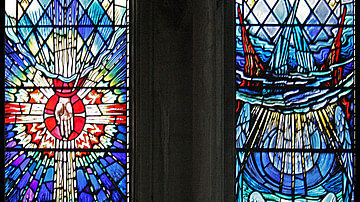
Article
Monotheism in the Ancient World
Monotheism is simply defined as the belief in one god and is usually positioned as the polar opposite of polytheism, the belief in many gods. However, the word monotheism is a relatively modern one that was coined in the mid-17th century...
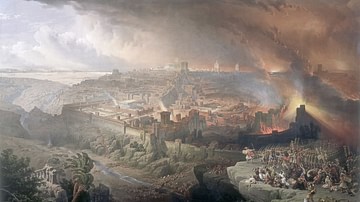
Article
The Great Jewish Revolt of 66 CE
The Roman Empire in the early 1st century CE was often regarded as the perfect empire. The outstanding military prowess of the Romans was used to expand the empire, and once the territories were acceptably pacified, Roman political power...
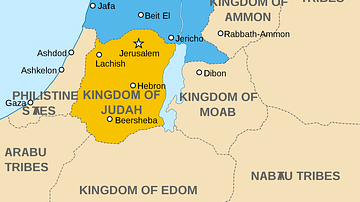
Article
Ancient Israelite & Judean Religion
As early as the 10th century BCE, Israelite and Judean religion began to emerge within the broader West Semitic culture, otherwise known as Canaanite culture. Between the 10th century and 7th centuries BCE, ancient Israelite and Judean religion...
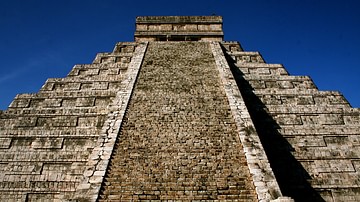
Article
The Maya Calendar and the End of the World: Why the one does not substantiate the other
The Popol Vuh recounts the story of twins who journeyed to Xibalba. For the Maya, their round of adventures serves as a metaphor for timeless, repeating cycles and for the regeneration of earth and all living things. – Gene S. Stuart, Mayanist...

Article
Cultural & Theological Background of Mummification in Egypt
Many myths and falsehoods concerning the Egyptian practice of mummification have been promoted to the general public in movies, television shows, and documentaries. While these offerings are entertaining and fascinating to watch, the purposes...
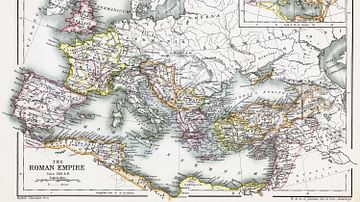
Article
Mavia's Revolt & the Christian Question
In 378 CE the Tanukhid queen Mavia (r. c. 375 - c. 425 CE) of the Saracens led a successful revolt against the Roman Empire, pitting her forces against the armies under the emperor Valens (364-378 CE). Launching her insurrection from the...
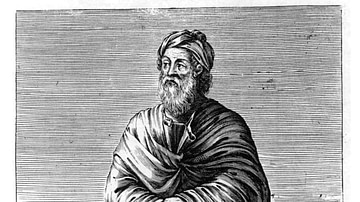
Article
Xenophanes the Visionary Poet Philosopher
Xenophanes of Colophon (l.c. 570-c.478 BCE) is known as one of the Pre-Socratic philosophers of ancient Greece, so-called because they pre-date Socrates (l. c. 470/469-399 BCE), recognized as the Father of Western Philosophy. The Pre-Socratics...
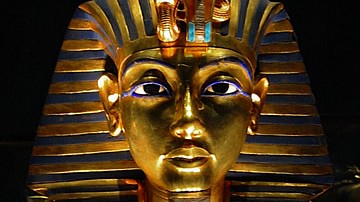
Image Gallery
A Gallery of Tutankhamun & Family
Tutankhamun is easily the most famous Egyptian ruler in the world thanks to his nearly intact tomb discovered by Howard Carter in 1922 and the "mummy's curse" associated with the opening of that tomb. Although Tutankhamun was initially thought...

Image
The Five Pillars of Islam (Arkan al-Islam)
This infographic illustrates the Five Pillars of Islam, which form the core practices of the religion, established during the lifetime of the Prophet Muhammad (7th century CE) —Shahada (faith), Salah (prayer), Zakat (charity), Sawm (fasting...
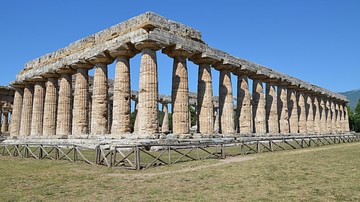
Quiz
Religions in Ancient Rome
Roman religion Animistic/Animism Anthropomorphic/ Anthropomorphism Antithetical Henotheism Integration Martyrdom Monotheism Mythology Pacifism Paganism Polytheism Ritual Subversive Temple